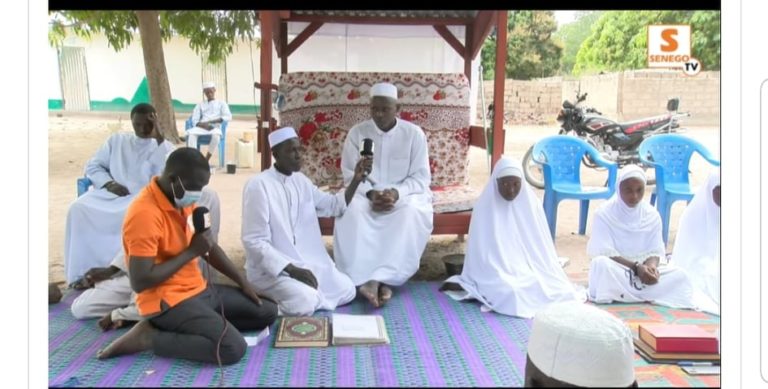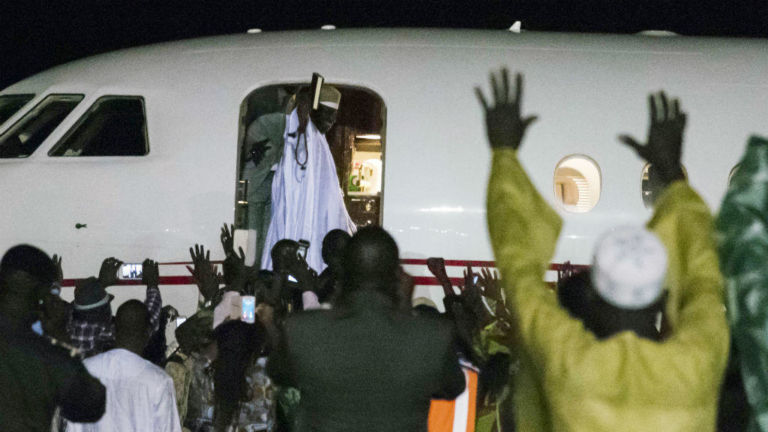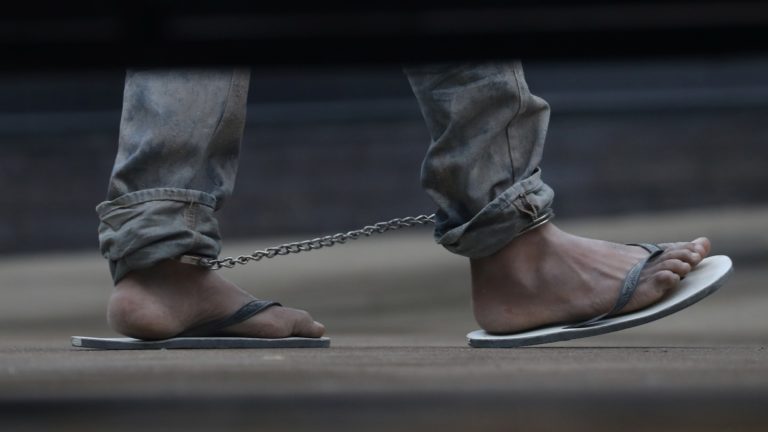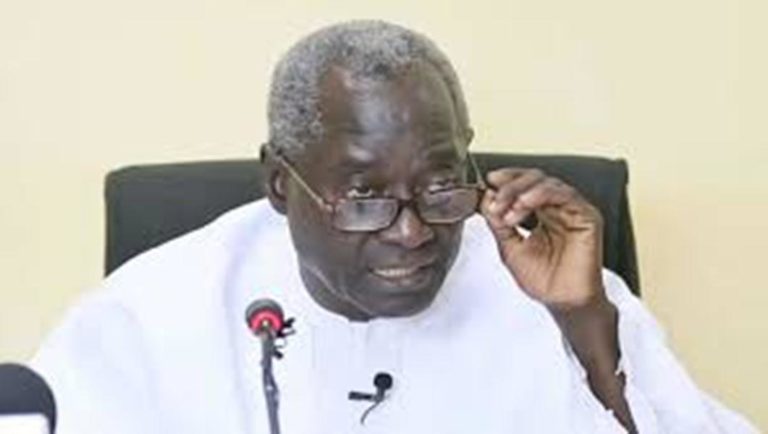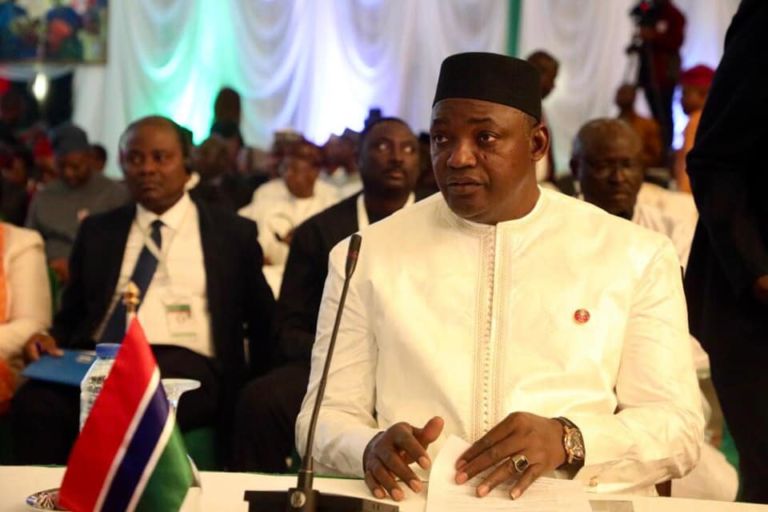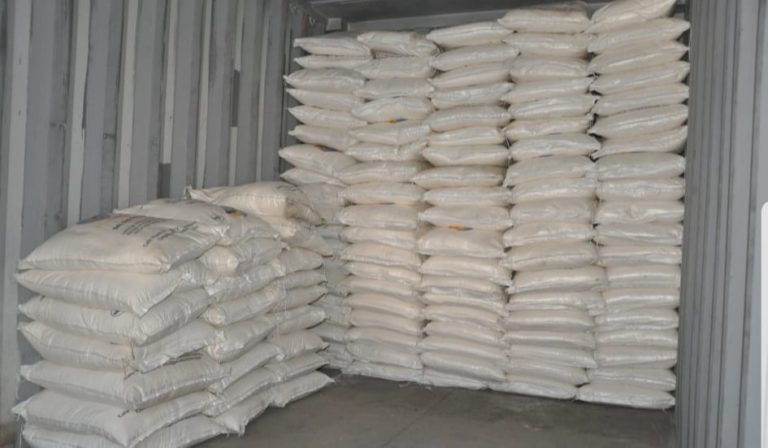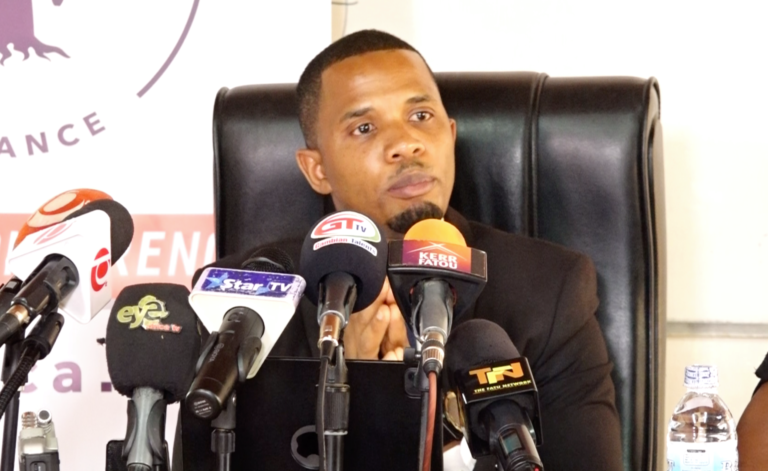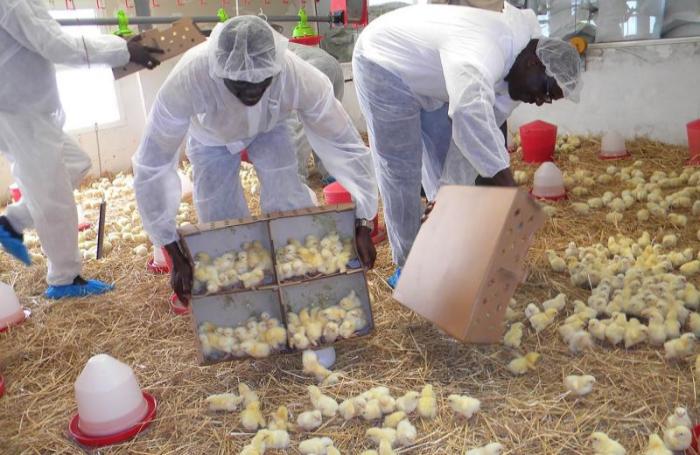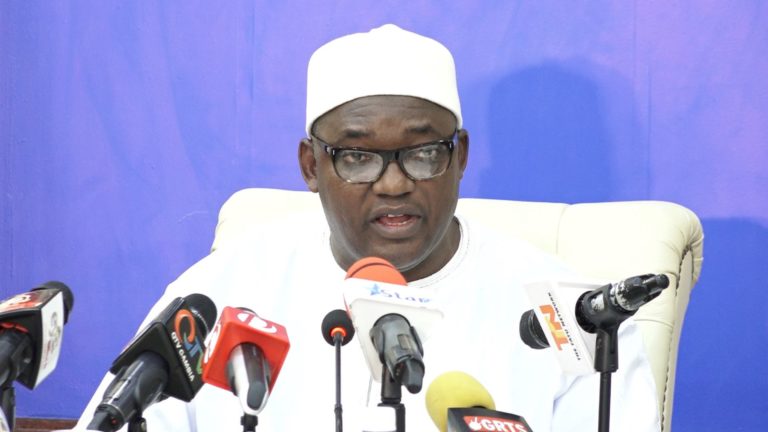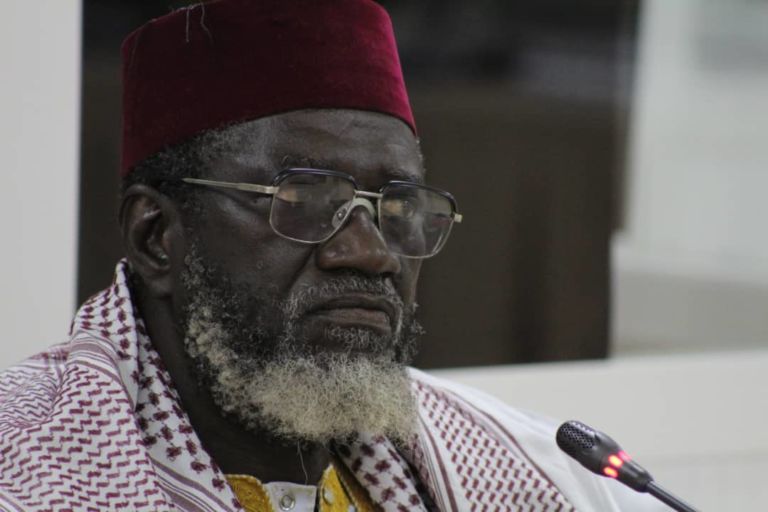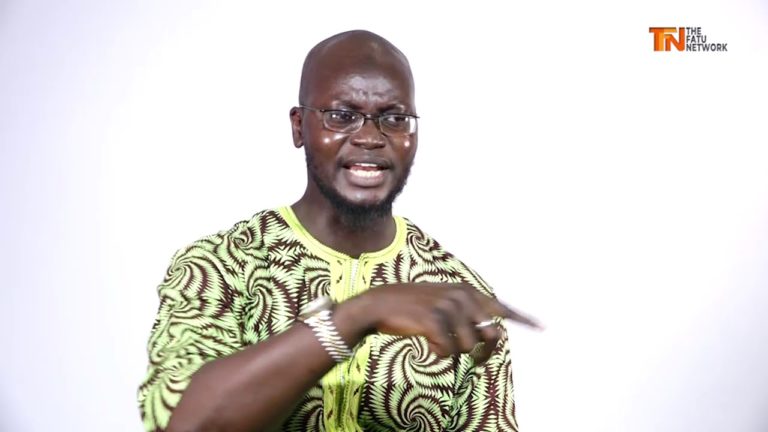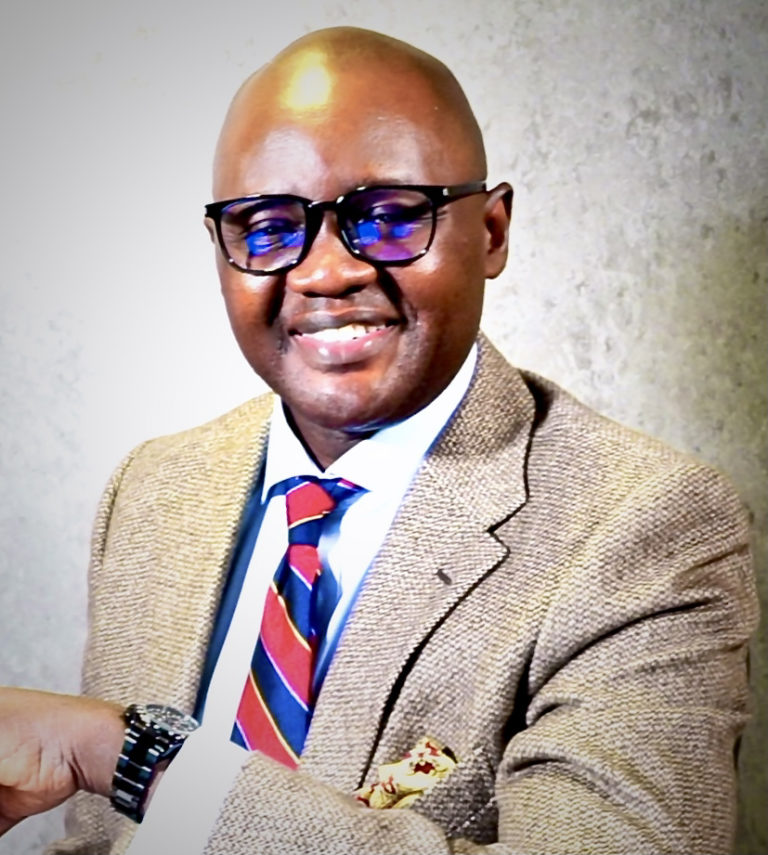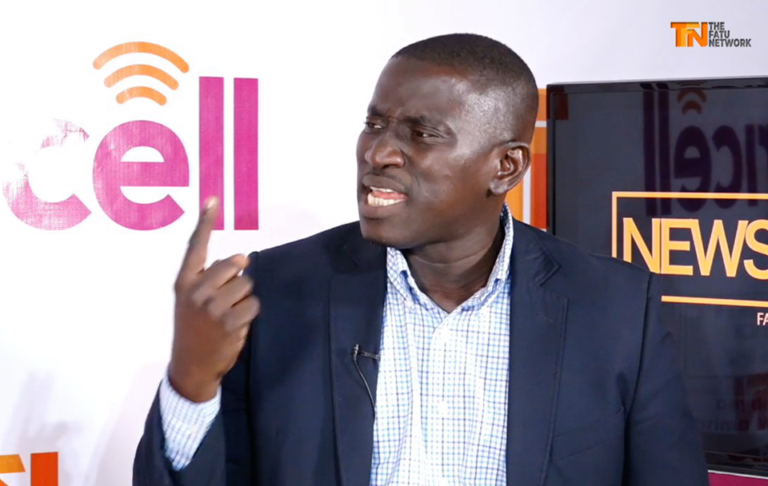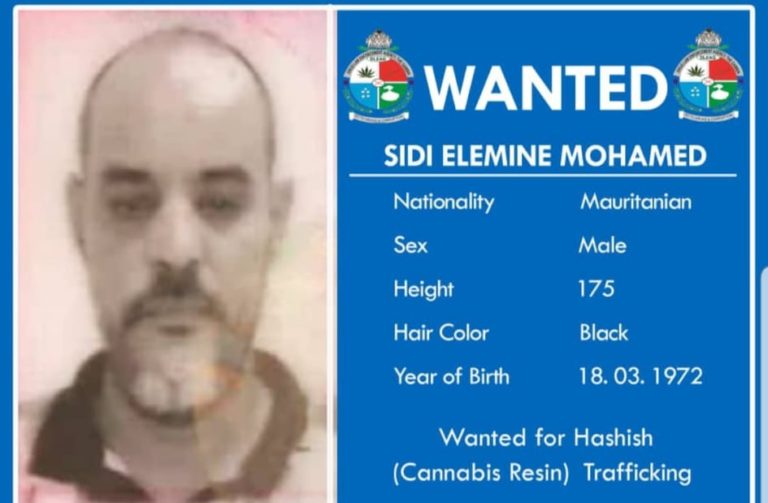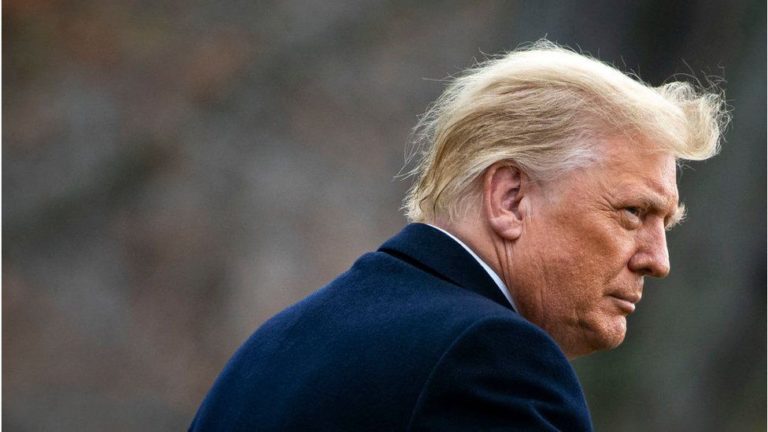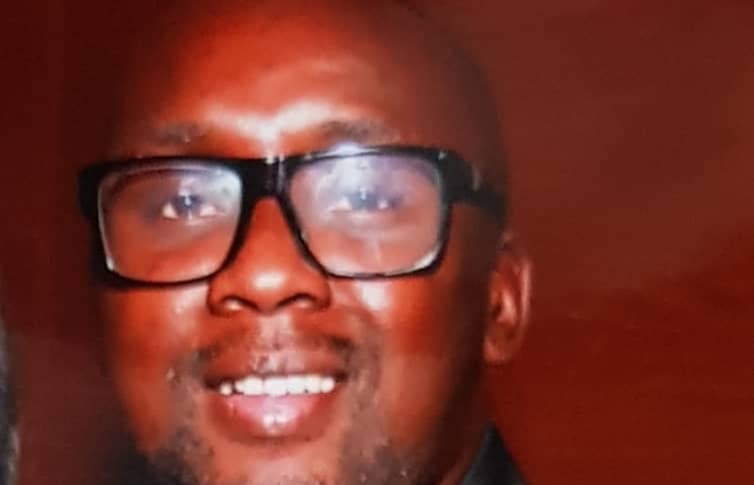By Halifa Sallah, PDOIS leader and MP
It is my concern that even the media is being misled to broadcast or write that negotiations are taking place to save the Constitution that the Constitutional Review Commission was tasked to draft. It is equally misleading to give the impression that political parties are engaged in talks to save the draft Constitution from Coma. The plain truth is that political parties have secondary roles to play in the promulgation or repealing of a Constitution. They may try to influence National Assembly members, if they lack capacity or experience to adequately perform their duties or direct the minds of the electorate, if they do not know their rights and duties as sovereign citizens.
What then is the state of the Constitution drafted by the CRC? What is its future? According to Section 2 of The Constitutional Review Commission Act, 2017,
“Constitution means the proposed new Constitution of the Republic of the Gambia that the Commission is tasked under this Act to draft.”
The media should find out the state of this draft Constitution, as presented in the Schedule of the Bill whose promulgation was aborted at the second reading and ask political parties whether they have the constitutional mandate to tamper with it on the basis of trying to reconcile contentions arising from partisan interest?
It is incontrovertible that National Assembly members and by extension, all political leaders safeguard their integrity by ensuring that, in whatever they say or do, they are invariably guided by the dictates of law, reason, conscience and the national interest .
One may now ask: What is the state of the draft Constitution that the Commission was tasked to draft?
The answer is as clear as noon day.
First and foremost, Section 21 of The Constitutional Review Commission Act states:
“1) The Commission shall, upon the completion of its work, submit a Constitution and a report thereon (in originals) to the President.” This has been done.
“2) The Commission shall, upon the submission of the draft Constitution and report to the President, publish the Constitution and report.” This has been done.
“3) The Constitution and the report may, in addition to being published in the Gazette, be published in such manner as the Commission considers fit.” This has been done.
I can add without any fear of exaggeration that never in the history of The Gambia has the text of a Constitution been subjected to such extensive circulation and intensive and incisive scrutiny as the draft Constitution, 2020.
Furthermore, Section 22 of the said Act then proceeded to outline the role of the Commission after the submission of the Bill introducing the Constitution for enactment. It reads:
“1) The Commission shall stand dissolved within one calendar month after the date of enactment by the National Assembly of the Bill introducing the Constitution.
“2) During the period prior to the enactment by the National Assembly of the Bill introducing the Constitution members of the Commission may be requested to attend before the National Assembly to clarify any matter and answer any question relating to the provisions of the Constitution.”
Needless to say, the draft has been submitted for promulgation. ‘The Constitution of The Gambia, 2020 (Promulgation) Bill, 2020’ was introduced into the Assembly for consideration. The Bill sought for the enactment of an Act to promulgate the Constitution that the Commission was tasked to draft and repeal the Constitution of the Republic of the Gambia 1997.
What then were the promulgation processes and the end result of the exercise?
After the Bill was introduced it passed the first reading. Standing Order 66 (1) explains the subsequent stages of a Bill after the first reading:
“Following the first reading the stages in the Assembly’s consideration of a Bill shall be
a) Second reading: a general debate on the Bill with an opportunity for members to vote on the General Principles
b) Committee stage: detailed investigation by a Committee followed by report to the Assembly. A Bill may be committed to a Select, Standing or Special Select Committee or to a Committee of the Whole Assembly;
c) Consideration stage: Consideration of and opportunity for members to vote on the detailed clauses of the Bill including amendments to the Bill. Consideration stage is taken by the Assembly
d) Third Reading: Passing or rejection of the Bill without further amendment.”
It should be clear to anyone with mere common sense that the vote connected to the second reading is on the principles of a bill and not the details of the clauses. Secondly, the Standing Orders make it mandatory for a Bill to go through all the four stages unless the Constitution expressly states the contrary.
How does the 1997 Constitution of the Republic become pertinent? Clause 2 of the Bill introduced into the Assembly indicated that the Constitution would be “…promulgated in accordance with Section 226 of The Constitution of the Republic of the Gambia, 1997.”
Clause 3 of the Bill further made reference to the 1997 Constitution. It reads:
“The Constitution of the Republic of the Gambia, 1997 stands repealed upon the promulgation of the Constitution of the Republic of the Gambia, 2020 pursuant to section 2(b).’’
It goes without saying that the relevant portion which led to the derailing of the whole promulgation process is embedded in Section 226 Subsection (2) (b) of the 1997 Constitution which states:
“A Bill for an Act of the National Assembly under this section shall not be passed by the National Assembly or presented to the President for assent unless-
(b) the Bill is supported on the second and third readings by the votes of not less than three-quarters of all the members of the National Assembly.”
Subsection (2) of Section 226 is relevant to alteration of the provisions of the 1997 Constitution that are not entrenched and could be amended without a referendum.
However, for the purpose of clarity, Subsection (4) would apply when the alteration of entrenched clauses is sought. It reads:
“(4) A Bill for an Act of the National Assembly altering any of the provisions referred to in subsection (7) shall not be passed by the National Assembly or presented to the President for assent unless-
(a) the Bill is published and introduced in the manner required by paragraph (a) of subsection (2);
(b) the Bill is supported on the second and third readings by the votes of not less than three quarters of all the members of the National Assembly;
(c) the Bill has been referred by the Speaker to the Independent Electoral Commission and the Commission has, within six months of such reference, held a referendum on the Bill; and
(d) at least fifty per cent of the persons entitled to vote in the referendum have taken part in the referendum and the Bill is supported in the referendum by a least seventy-five per cent of those who voted.”
Hence, it is clear that any Bill to amend both the entrenched and non-entrenched provisions of the Constitution would require the support of not less than three-quarters of all the members of the National Assembly, in both the second and third reading.
This is the crux of the matter. There are 53 elected members of the National Assembly and five nominated members. One serves as Speaker and the four other members are expected to vote at any given time. Hence, the total number of all the voting members of the National Assembly at any given time is 57. Three-quarters of 57 members would be 43 members. One of the seats was vacant due to death and had not been filled by the time of the voting on the Bill thus reducing the roll to 56.
In that regard, the second and third reading of any Bill to alter the 1997 Constitution had to have the support of 42 members of the National Assembly.
The debate connected with the second reading which should have been restricted to the principles of the Bill went out of context and focused largely on the details which should come at the Committee and the consideration stages of a Bill. Thirty-one (31) members supported the second reading for the Bill to procced to the Committee stage for detailed scrutiny. Twenty-Three( 23) members expressed opposition, thus preventing the attainment of three-quarters majority required for the Bill to proceed to the next stage, by a margin of 11 votes.
The question now arises: Is there a way to save the Constitution that the Constitutional Review Commission was tasked to draft?
The answer is in the affirmative. There is a way out. The National Assembly is the law-making body of the country. The impasse in the Constitution building process arose from the National Assembly. The duty to overcome the impasse falls primarily on the shoulders of National Assembly members.
It is evident that National Assembly members have powers to rescind decisions they have made during a session. This is expressly stated under Standing Order 29(3). In fact, precedence exists to confirm that motion could be introduced to rescind a decision taken during a session. I had moved such a motion during the budget session.
Since the Standing Orders do not have a provision to rescind a decision that had earlier been made during a preceding session, the relevant provision to apply to make that possible is Standing Order 8 which reads :
“In any cases where matters are not expressly provided for by these Standing Orders, any questions on procedure or order shall be decided by the Speaker.”
The Speaker of the National Assembly has full mandate to exercise discretionary power to allow a motion to rescind the decision of the National Assembly to abort the Constitution Building process by not supporting the second reading with a three-quarters majority as required by Section 226 of the 1997 Constitution.
If such a motion is allowed and supported, the members could accept the principles and then allow the Bill to go to the committee stage for debate on and detailed scrutiny of the clauses of the Constitution with the active participation of Ministers representing the executive; the Judicial Service Commission and other judges representing the judiciary; the IEC; Political parties; faith groups to look at religious implications; women, the youth, those with unique physical or mental group features and other civil society organisations to look at the concerns of interest groups; the Diaspora groups and other stakeholders with the full participation of the members of the Constitutional Review Commission, to answer questions or make clarifications.
Only the members of the National Assembly and the Speaker of the National Assembly can save the Constitution that the CRC was tasked to draft. Any other attempts at constitution building could only be done by plagiarizing the work of the CRC followed by the publication and introduction of a new Bill to alter the 1997 Constitution whose outcome is pregnant with uncertainty and could suffer another abortion with an endless blame game.
History is calling on the lawmakers to assume their historic responsibility and leave a legacy worth remembering. This is how matters stand.

